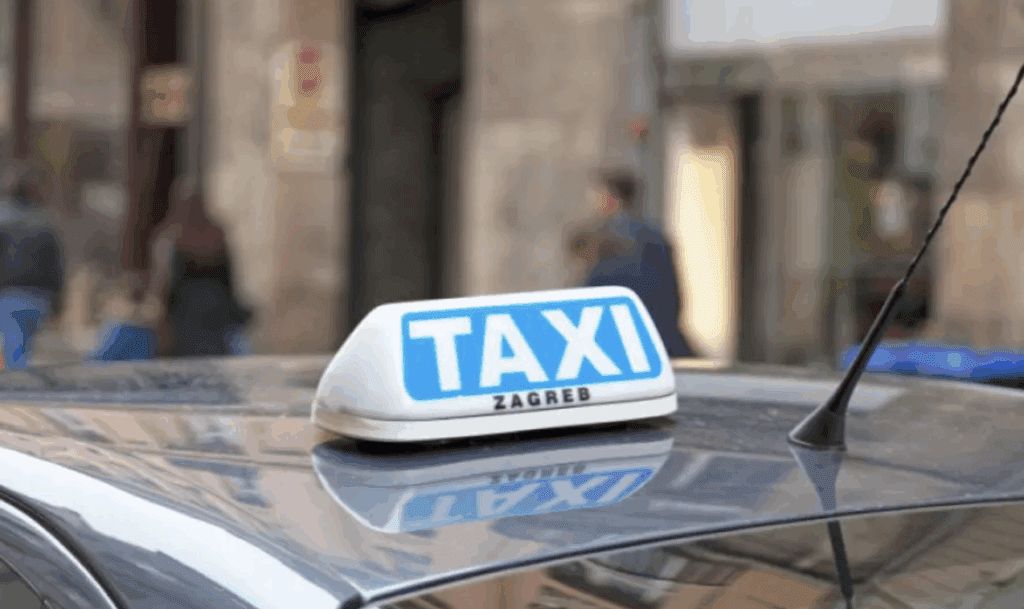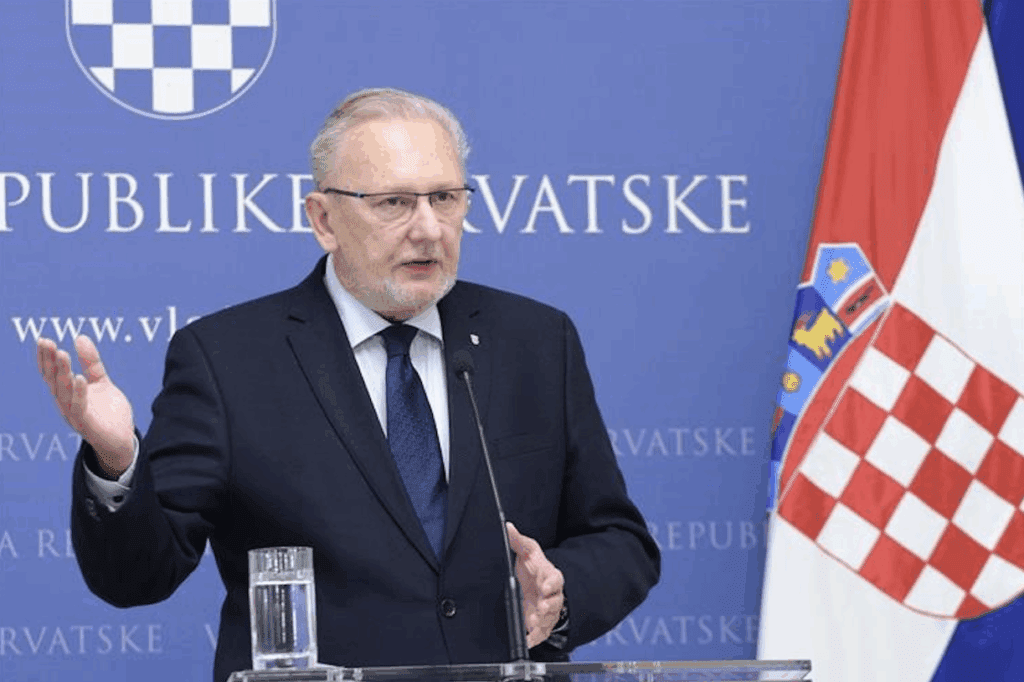Croatia is cracking down on foreign worker fraud with sweeping new regulations to combat forged permits, unpaid pensions, and unsafe labour practices. Following a 150% surge in work permits since 2021—reaching 206,000 in 2024—the government vows to deport violators and blacklist unethical employers.
Following the recent adoption of amendments to the Foreigners Act passed in Parliament, Croatia is seeking to impose greater order in the recruitment, employment, and living conditions of foreign workers within its borders. This primarily concerns agencies responsible for bringing them in and the oversight of companies where they work, as numerous illegal practices have been detected.
Uncovering fraudulent practices
For instance, police only discovered after a traffic accident near Šibenik that the driver, a Nepalese national, possessed not one but two forged driving licences. It is likely that his employer was aware of this but turned a blind eye, sending him to work on the roads regardless. Subsequent investigations revealed that a significant number of foreigners in certain companies were driving taxis with counterfeit licences.

Fraudulent work permits uncovered
Several days ago in Zagreb, a young Croatian entrepreneur—as he presented himself—was arrested for forging work permits for over a hundred foreign workers. After creating the fake permits, he uploaded them to driver profiles on digital platforms of commercial companies and sent the individuals to work as taxi drivers for other firms.
Worst of all, these individuals drove taxis unaware their permits were forged. Additionally, their employer failed to pay their pension insurance, which is mandatory in Croatia. The foreign workers involved were from India, Nepal, Turkey, North Macedonia, Pakistan, and Bangladesh.
Learning from western Europe’s mistakes
These increased controls follow recent unsettling events in numerous European cities where migrants have carried out attacks on civilians, some tragically fatal. As Police Minister Davor Božinović stated during parliamentary discussions, Croatia has learned from the situation in Western Europe and will not permit ghettos, closed societies, or criminal activity.
“The state is in charge and recognises that labour imports must be monitored. We have studied others’ mistakes and observed what happens in countries that trivialised labour migration,” the minister said. “Criminal activity, parallel societies, insecurity—this is not our reality and will not occur,” Božinović emphasised.
When opposition MPs criticised Božinović during debates, claiming no country has a worse situation than Croatia, he responded: “They should visit Austria, not to mention Brussels or London, where parts of cities exist that locals fear to enter. We will certainly not allow this here.”

Stricter conditions for employers and agencies
The amendments to the Foreigners Act tighten requirements for employers and agencies wishing to hire foreigners. These include adherence to labour laws, workplace safety, payment of all contributions and taxes, and humane accommodation rules. Božinović noted that many will fail to meet these standards once enforcement begins. “Analysis shows only 17% of currently active agencies will satisfy the new requirements,” he said.
He warned those engaging in dishonest practices: “There will be no trafficking of permits, we will halt manipulations, and unregulated labour imports will end. Those we have arrested, and those we will catch, will be removed from the system.” Employers placed on a “blacklist” will remain there for six years.
Rising numbers of foreign workers
The surge in foreign workers is evident: in 2021, around 82,000 residence and work permits were issued. By 2024, this number exceeded 206,000. Police data shows that by mid-February this year—before the tourist season—113,589 foreigners held valid permits. This figure could reach 250,000 by year-end.
Some predict Croatia will need up to half a million foreign workers by 2030 due to sustained economic growth. Currently, the largest groups come from Bosnia and Herzegovina, followed by Nepal and Serbia. Recent arrivals from the Philippines are also increasing.
Distinguishing workers from migrants
A key distinction exists between foreign workers and migrants. Foreign workers come for employment, perform their jobs, and often send earnings to families abroad. Conversely, migrants entering Croatia from Bosnia and Herzegovina or Serbia typically do not seek work. Even those applying for asylum often do so procedurally, soon attempting to move westward via Slovenia.
Croatia faces little issue with migrants, as few remain in the country. Potential challenges have been mitigated by stricter EU regulations. Those registered in Croatia upon entering the EU who later cause issues elsewhere can now be deported back to their home countries for security reasons, rather than to Croatia.
Maintaining security and quality of life
For Croatia, preserving its high safety standards is crucial—both for tourism and maintaining a lifestyle praised by visitors and Western expatriates. “Foreign labour is vital for our economy, but not at any cost,” Minister Božinović stated, underscoring that security remains non-negotiable.

